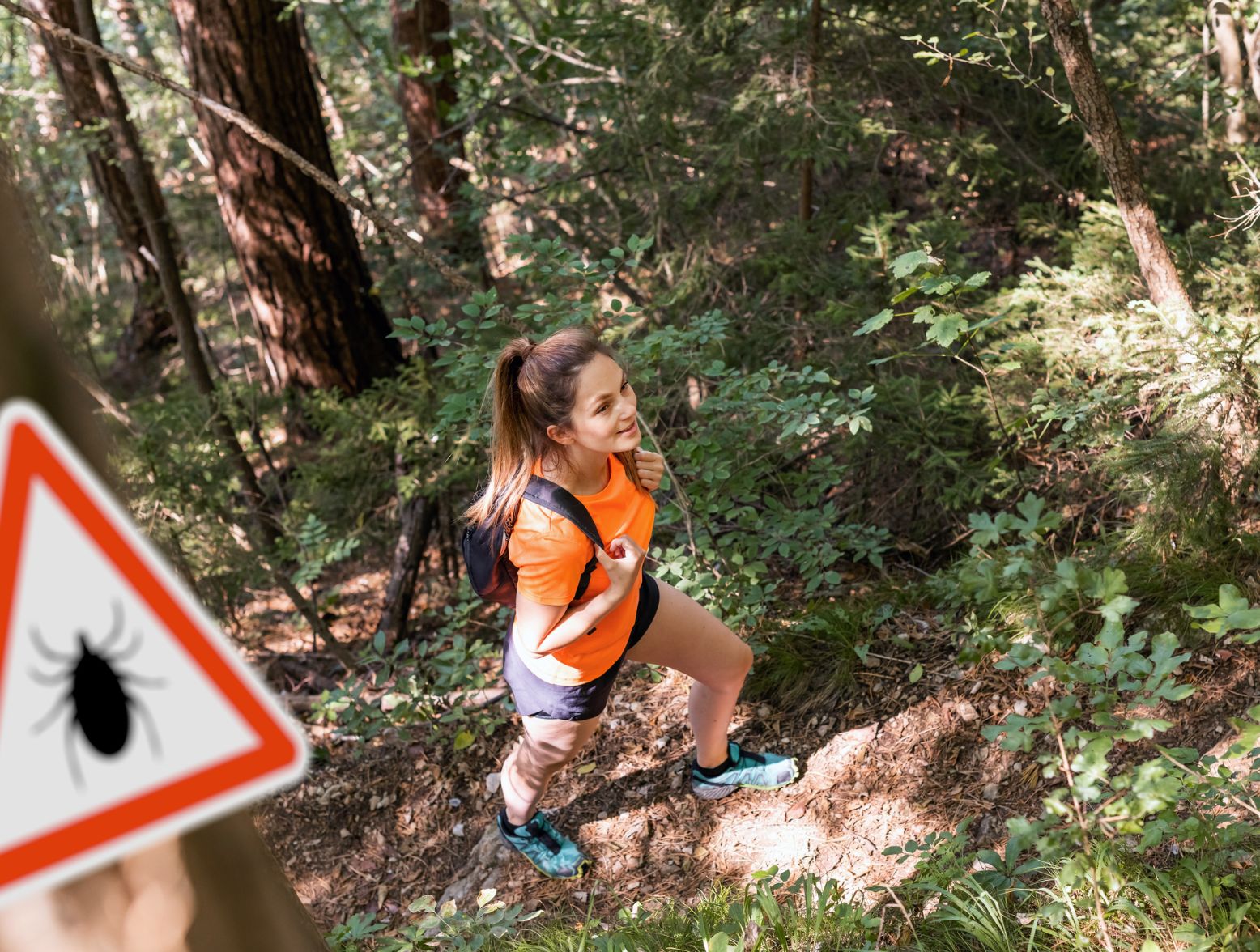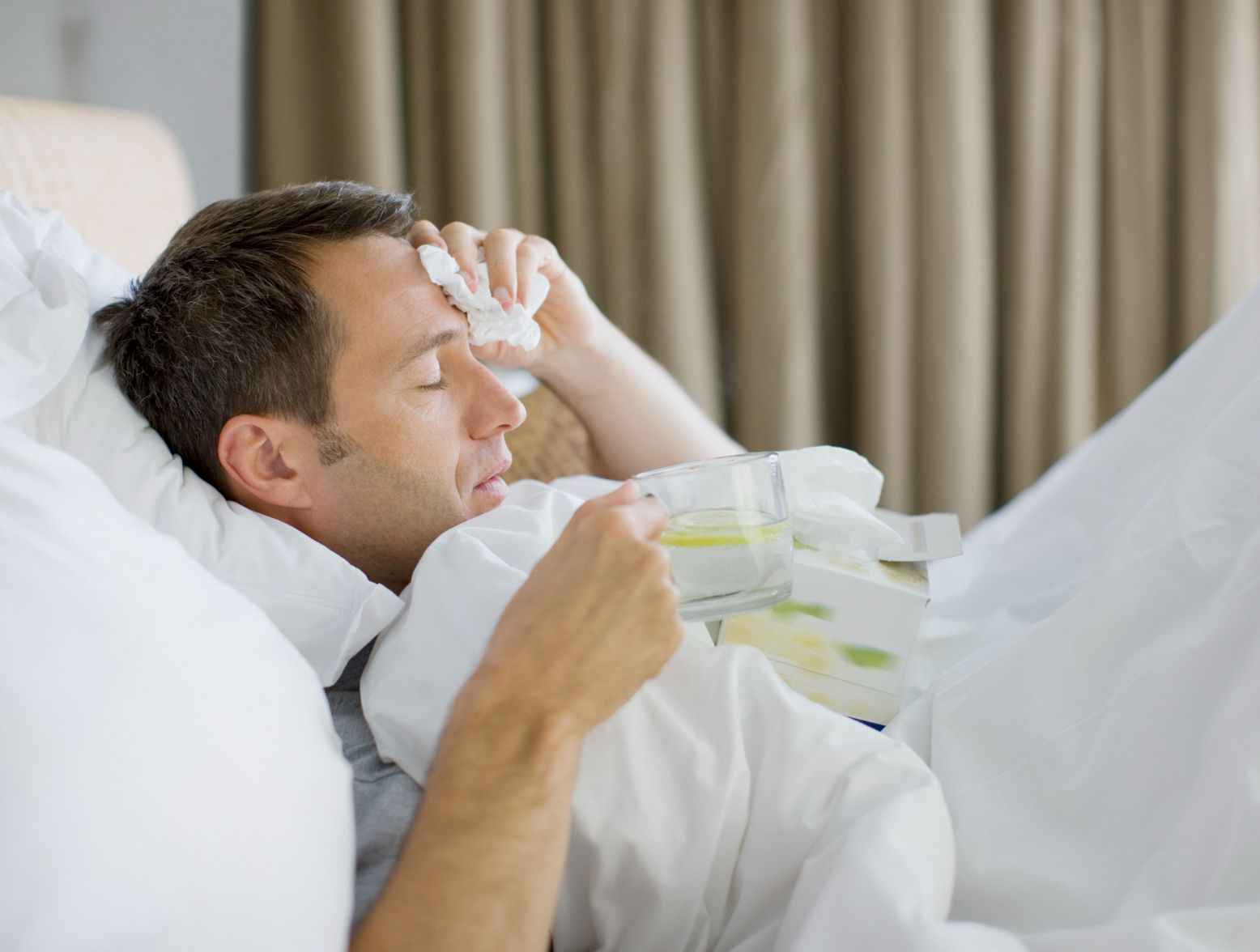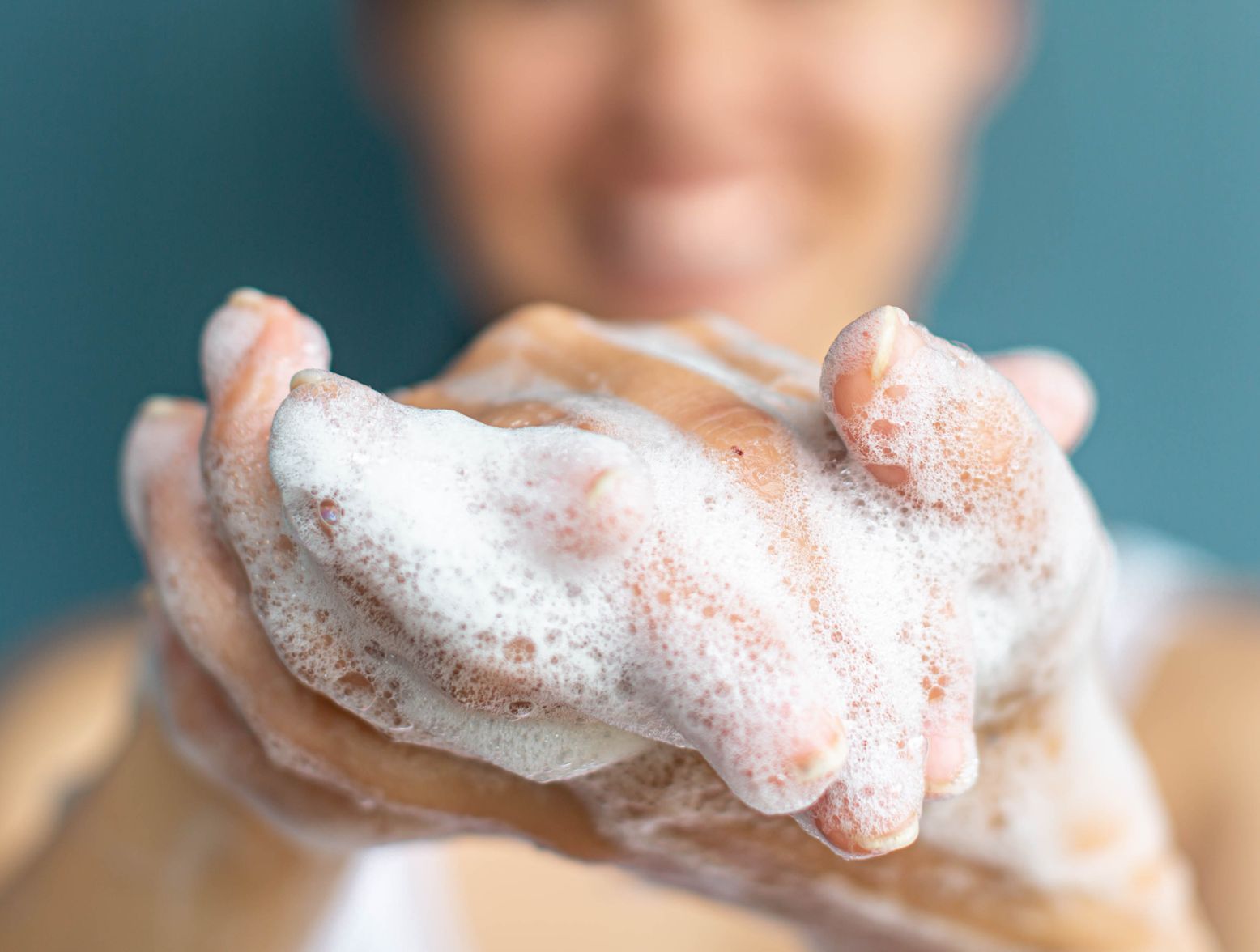What to Do If You Looked at the Sun Without Eclipse Glasses
The April 8 total solar eclipse was a spectacular event that won’t happen again in the continental U.S. until 2044. But, what if you looked at the sun without eclipse glasses? Moreover, what if you did have eclipse glasses but your eyes still feel funny today? With this being such a rare occurrence, it’s no wonder why so many people drove hours, or even further, to get a glimpse of the eclipse. The same could be said for those who wanted to sneak a peak without eclipse glasses. That’s not a good idea, of course.
You Looked at the Sun Without Eclipse Glasses – Next Steps
So, you looked at the sun without eclipse glasses. The bad news is that looking at the sun even for a small amount of time during an eclipse can cause eye damage. Even looking just a moment without the right eye protection can cause temporary or permanent eye damage, including blindness. You can’t just use regular sunglasses. You need to have ISO-certified solar eclipse glasses, which block roughly 1,000 times more sunlight.
Dr. Yehia Hashad, an ophthalmologist, retinal specialist and the chief medical officer at eye health company Bausch + Lomb, tells CBS News that there are certain warming signs to look out for after looking at the sun during an eclipse. Those include headaches; blurred vision; scotomas, or dark spots; color changes (you don’t see colors the way you used to); and distorted lines, known as metamorphopsia. He adds that these symptoms could be happening in just one eye or both eyes. He also said that the problems won’t necessary show up until one to a few days after the viewing.
So, what do you do if you start getting these symptoms? Hashad says to “immediately” go to an ophthalmologist. While there’s nothing you can really do to prevent damage after the fact, an ophthalmologist can help you monitor symptoms and do what you can to heal up as much as possible. As for how long the damage lasts, you could get back normal vision, but sometimes, the damage lasts forever. According to David Hutton for Ophthalmology Times, researchers have determined that you might heal over time. But, the study points out that some people have experienced permanent damage and impaired vision, including permanent blindness, from looking at the sun without eclipse glasses. That’s why being pro-active is so important. In summary, if you looked at the sun without eclipse glasses during the eclipse, monitory your symptoms and see a professional.









